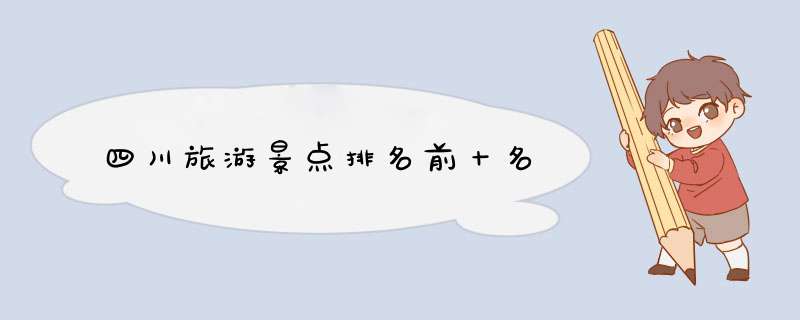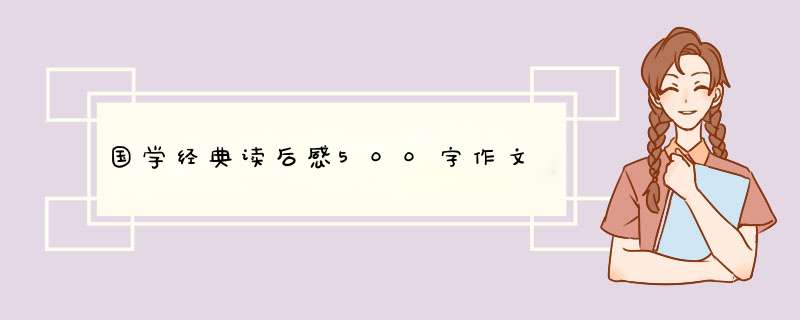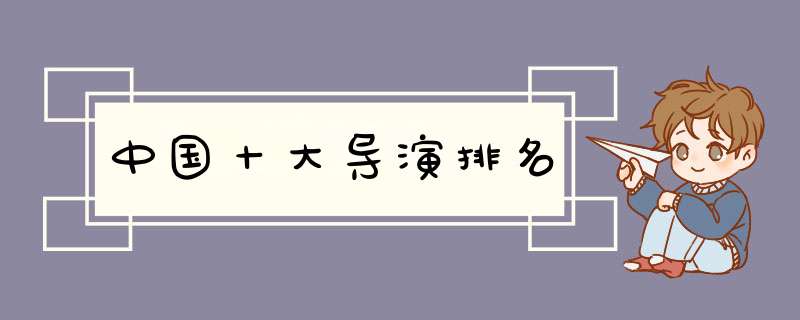求问大家文言文翻译成英语的书,有什么推荐的吗??

鱼,我所欲也: 选自《孟子》 鱼,我所欲也;熊掌,亦我所欲也,二者不可得兼,舍鱼而取熊掌者也。生,亦我所欲也;义,亦我所欲也,二者不可得兼,舍生而取义者也。生亦我所欲,所欲有甚于生者,故不为苟得也;死亦我所恶,所恶有甚于死者,故患有所不辟也。如使人之所欲莫甚于生,则凡可以得生者,何不用也?使人之所恶莫甚于死者,则凡可以辟患者,何不为也?由是则生而有不用也,由是则可以辟患而有不为也。是故所欲有甚于生者,所恶有甚于死者,非独贤者有是心也,人皆有之,贤者能勿丧耳。 一箪食,一豆羹,得之则生,弗得则死。呼尔而与之,行道之人弗受;蹴尔而与之,乞人不屑也。 万钟则不辩礼义而受之。万钟于我何加焉?为宫室之美、妻妾之奉、所识穷乏者得我与?乡为身死而不受,今为宫室之美为之;乡为身死而不受,今为妻妾之奉为之;乡为身死而不受,今为所识穷乏者得我而为之,是亦不可以已乎?此之谓失其本心。
编辑本段内容简析
《孟子语录》一文用面对鱼和熊掌之间的抉择,比喻面对生命和大义之间的选择,孟子会毅然“舍生而取义者也”。这当中的“义”和文章最后的“此之谓失其本心”的“本心”都是指人的“羞恶之心”(按现在的通俗理解,可以理解为“廉耻之心”)。因为人只有拥有“羞恶之心”,才能分清哪些是道德底线可以承受的事,哪些是道德范围所不接纳的事,哪些是“所欲有甚于生”的事,这样才能不被“宫室之美”、“妻妾之奉”和“所识穷乏者得我”所诱惑,而像“不食嗟来之食”的人一样,内心有一种凛然的“义”。
Fish, I desire also: selected from mencius fish, I desire also; PAWS, also my desire also, which can not be get and shebna and fish and take the PAWS Life, also my desire also; Righteousness, also my desire also, which can not be get and, give birth and take righteous one also Born as well my desire, more than the living, and it's not for otherwise have to also; Death also I hated by more than the dead, evil, it has not monarch who also If the people's life, it is all the more than may have the living, and why don't we also Make the person of the dead, then not evil than who can monarch, why not for patients By is born and have not is also can be a monarch, by is not also have Thus it is more than the living, and as the evil with more than the dead, who have heart also is not exclusively, the person all has, it can not ear 5 A feed, a bean soup express, the birth of the ephod, and the dead Call with lane's, who by the ephod; Cu's and the beggar despise also Clock is not debate by etiquette In what I add clock how For the beauty of his wives, the general and needy in, who I and For the body of death and not be, for the beauty of this house for; For the body of death and not be, today for the wives as; For the body of death and not be, for the needy in general who I but is, is may not have the This is called the lost without
Editor this section analysis
The continued quotations from penny with the fish and bear's paw the alternative of metaphor, face the life and in judgment of choosing between, mencius assume "homes born take righteous one" Among the "righteousness" and finally "this is called from its without" "without" is refers to person's "XiuEZhiXin" (according to the popular now understanding, can be understood as "corruption heart") Because people only have "XiuEZhiXin", to distinguish what is moral bottom line can bear, what is moral is not accepted by the extent of the matter, what is "more than it's life", like this can not be "palace of beauty" and "the wives in" and "the general poor person I" temptation, and like "don't eat jie to it feed" like people, the heart have a awe-inspiring "righteousness"
中国的唐诗三百首,早就有了英(美)语版,日语版等等,而且是大受欢迎。不管是英国人,还是美国人,他们都非常喜欢中国的诗词,他们有的人,不只会念英(美)语版的唐诗,还会背诵中文版的唐诗。翻译官们也亲自为他们用英语朗诵了一篇,红楼梦里的诗词。有兴趣的话,可以去中央电视台的网站,搜索视频来看。
外国人为什么懂得欣赏中国的诗词,1:是因为翻译的好,非常的好;2:是 因为外国人也写诗的好不,就像美国,日本,朝鲜,泰国,他们都有写诗的诗人,而且写的 很不错。例如:大麦歌——美国的,急流——日本,金达莱——朝鲜,月——泰国
只是,如今的日本人,韩国人,真正会写古体诗的人很少,背古诗的人却很多。不如我们中国,背诗的人多,真正会写古体诗的人也很多,当然,不会写诗的人更多……
不要小瞧了我们中国的翻译官,如今,90后的翻译官也是人才济济,他们是我们中国对外交流的桥梁。
想当翻译官,光会外语可不行,还要有着非常扎实的中外文学功底,不然,人家说典故,你却不知由来,又要如何翻译。
例如:傅园慧的一句——洪荒之力,难倒了多少国外的翻译官,因为,他们不知由来,也不懂其意,当然就翻译不出来。
说英语?要知道英语作为央格鲁-撒克逊人的民族语言,其成型的时间不会早于公元5世纪。故而5世纪前,英语并不存在。即便在欧洲,人们也是说以拉丁语和各种日耳曼方言(其中的一支后来发展成英语)为主。英语成为一个成熟的语言是在文艺复兴之后,成为国际化语言则是在19世纪后期。
翻译这个职业在远古就存在,担任翻译的人一般是行走于各个语言区的人,或者生活在多语并行区的人。所以,古人可以与外国人、外族人交流。
至于两方交流时用的是什么语言,这就要看哪一方的文化居于主流地位。主流的语言会成为交流语言。隋唐时期,中国强盛,日本、新罗、占城、骠国、大食、天竺、萨珊波斯在同中国都有交流,商人、遣唐使、僧人、留学生等均充当着翻译的角色。
求问大家文言文翻译成英语的书,有什么推荐的吗??
本文2023-10-27 12:13:01发表“古籍资讯”栏目。
本文链接:https://www.yizhai.net/article/174735.html







.png)

.png)

